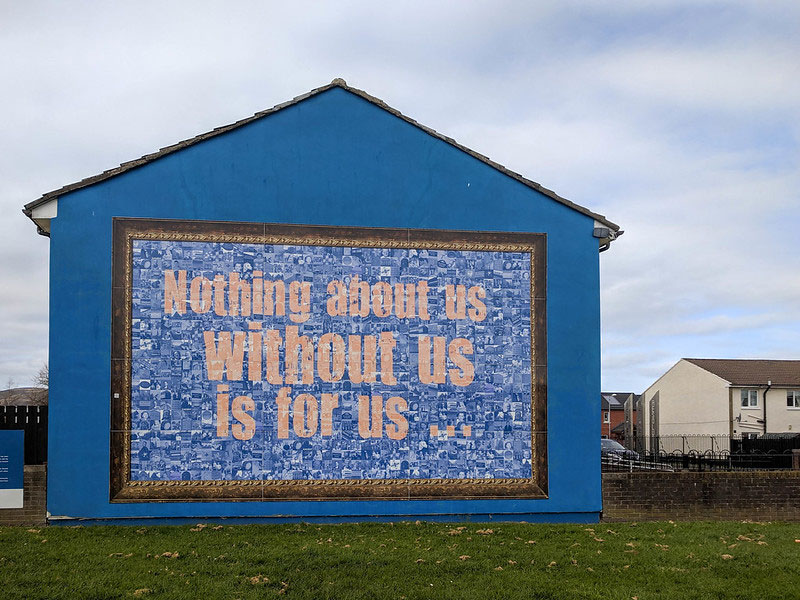There is a feral cat in my yard. I feed her every morning now, but it is weird how this happens. I wander outside and see a movement — the flick of a tail as something darts through the foliage. The cat is signaling me and I do what is required — go get the cat food and put it somewhere out of my line of sight so she can eat in peace. It’s what is called a tacit agreement, I think. I contribute what I can but the relationship is really her call. I believe that I would feel hugely flattered if she ever took it further but I hold out no hope.
Relationships are strange: like the relationships I have seen between boards of directors and executives — those can be strange. Recently, we were talking with Pat Bradshaw, who has seen her share of nonprofit boards, and she had an extraordinary idea. Why not just accept the oppositional nature of some boards as a good thing and institutionalize it as a kind of in-house devil’s advocate. The concept — which is a political one — is “loyal opposition” (you can read Bradshaw’s article here).
Loyal opposition is a concept of parliamentary politics — you don’t want political parties to agree too much with one another because you would lose the dialectic in which problems are worked out. But you want them — even when they are in a minority or in the midst of conflict — to stay engaged with and support the government and its constitutional system, and not promote a coup. In a nonprofit, you don’t want the dynamic of differing points of view to be expressed at the cost of the support for, and survival of, the organization itself.
Sign up for our free newsletters
Subscribe to NPQ's newsletters to have our top stories delivered directly to your inbox.
By signing up, you agree to our privacy policy and terms of use, and to receive messages from NPQ and our partners.
This is a provocative notion but not a bad one, in our opinion; it entails the responsibility to disagree so that the organization does not become slovenly and self-satisfied. Could we — would we — want to handle the dynamic of supporting, even calling out differences of opinion as a healthy process that propels the organization forward, with more depth and creativity than would emerge from an environment of organizational kumbaya?
Please let us know if you have either purposefully or inadvertently set up a situation like that which Bradshaw advocates by writing back to me or just hit reply to this email.
Meanwhile, I need to pick up cat food on the way home.













